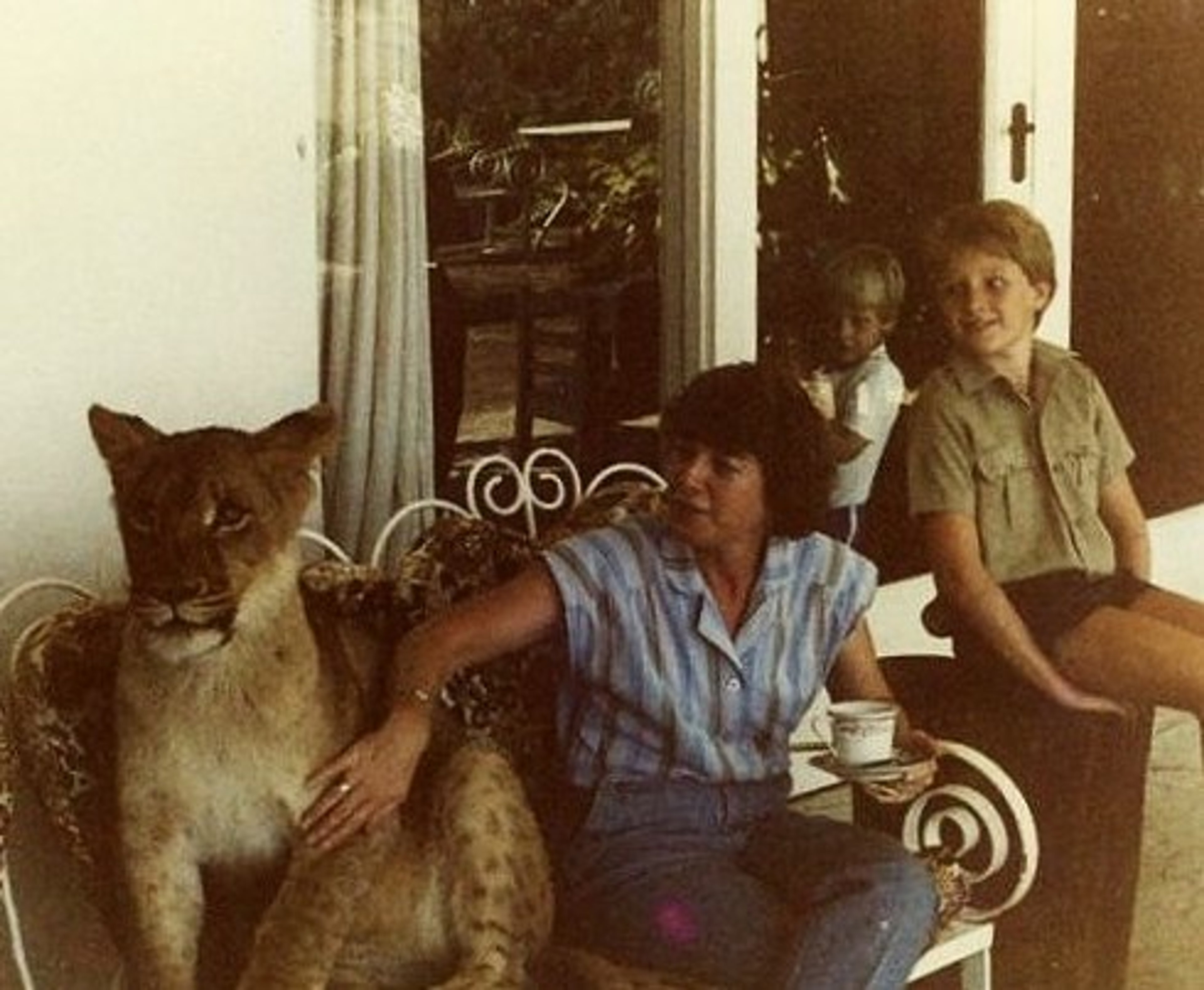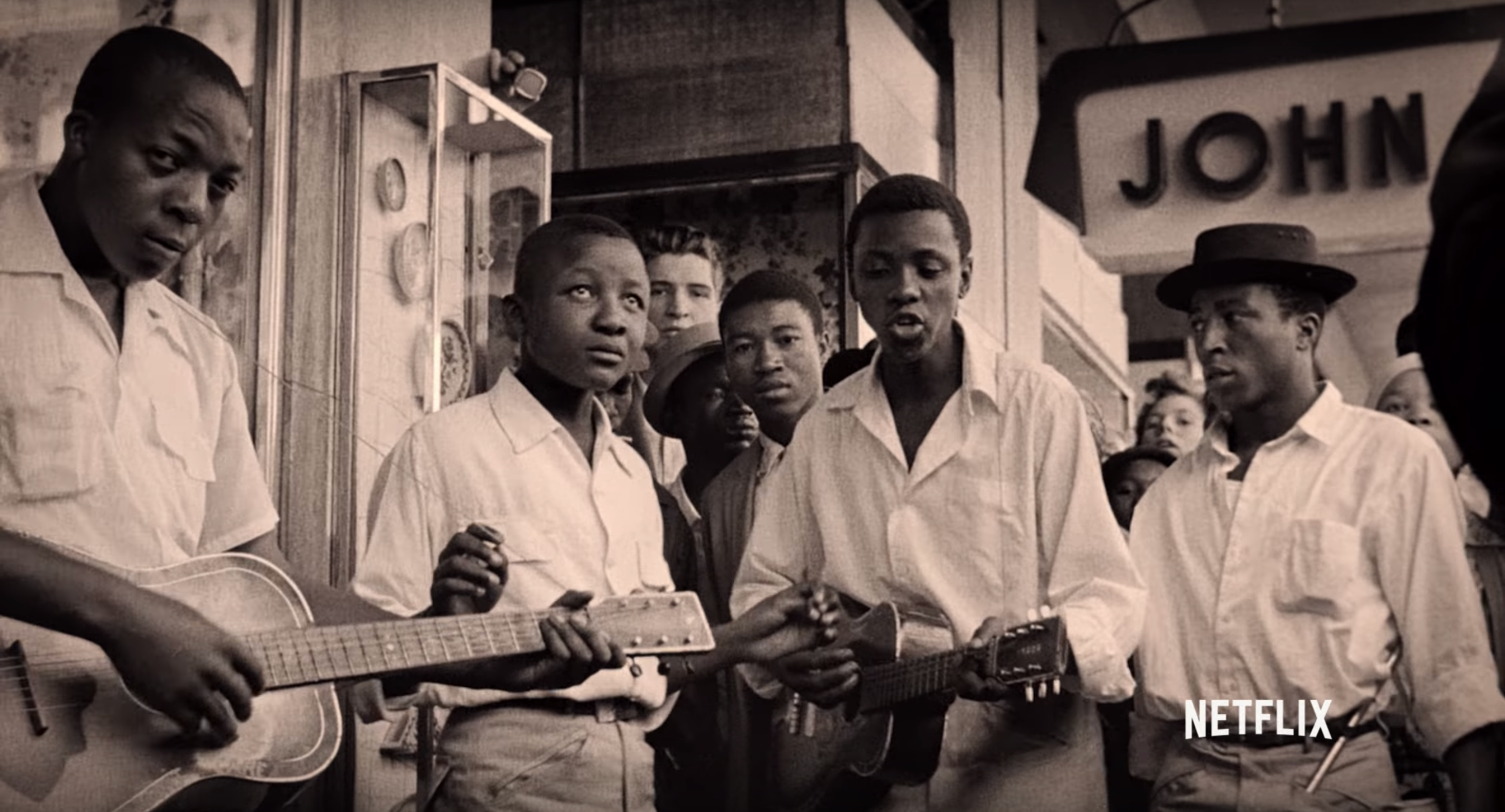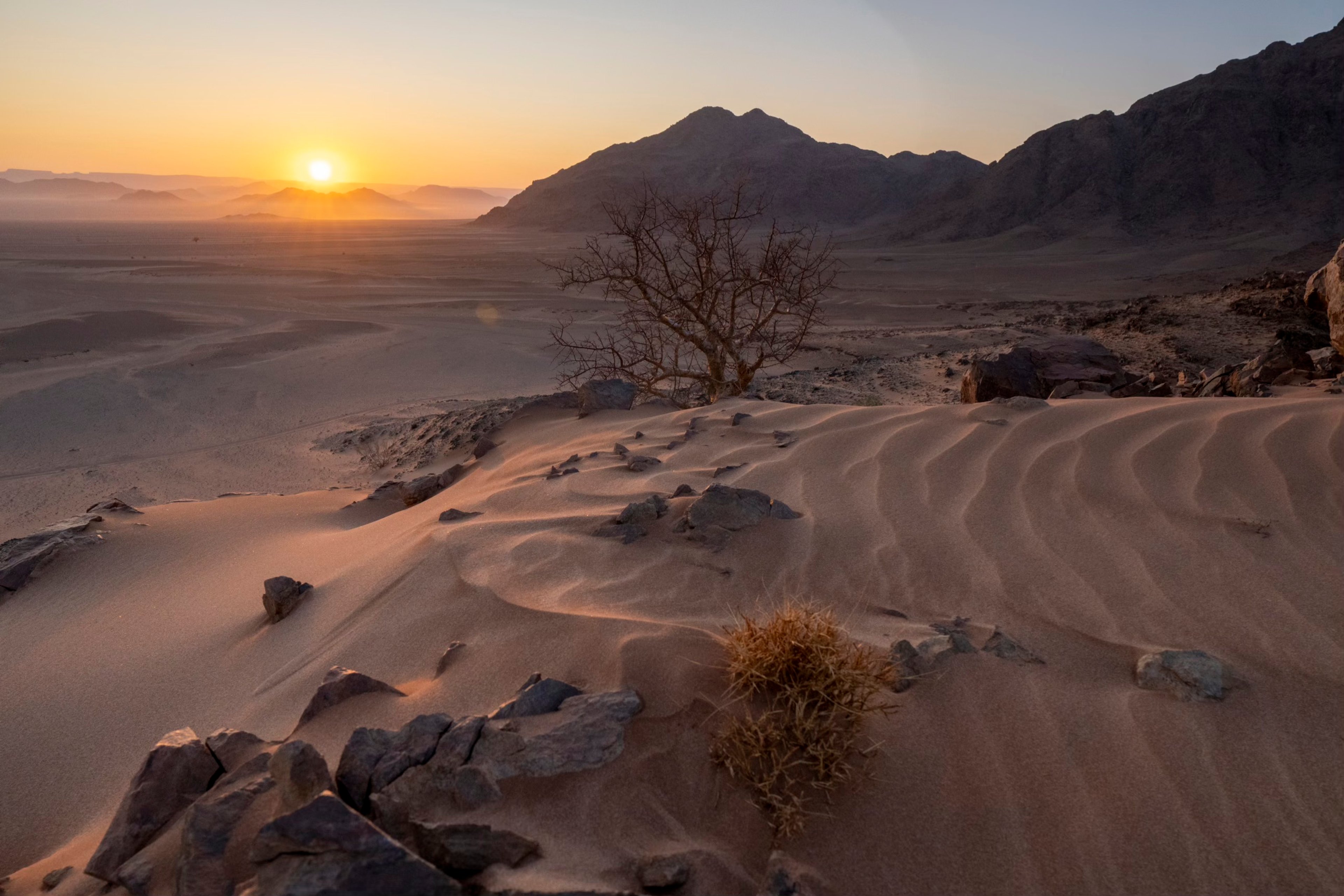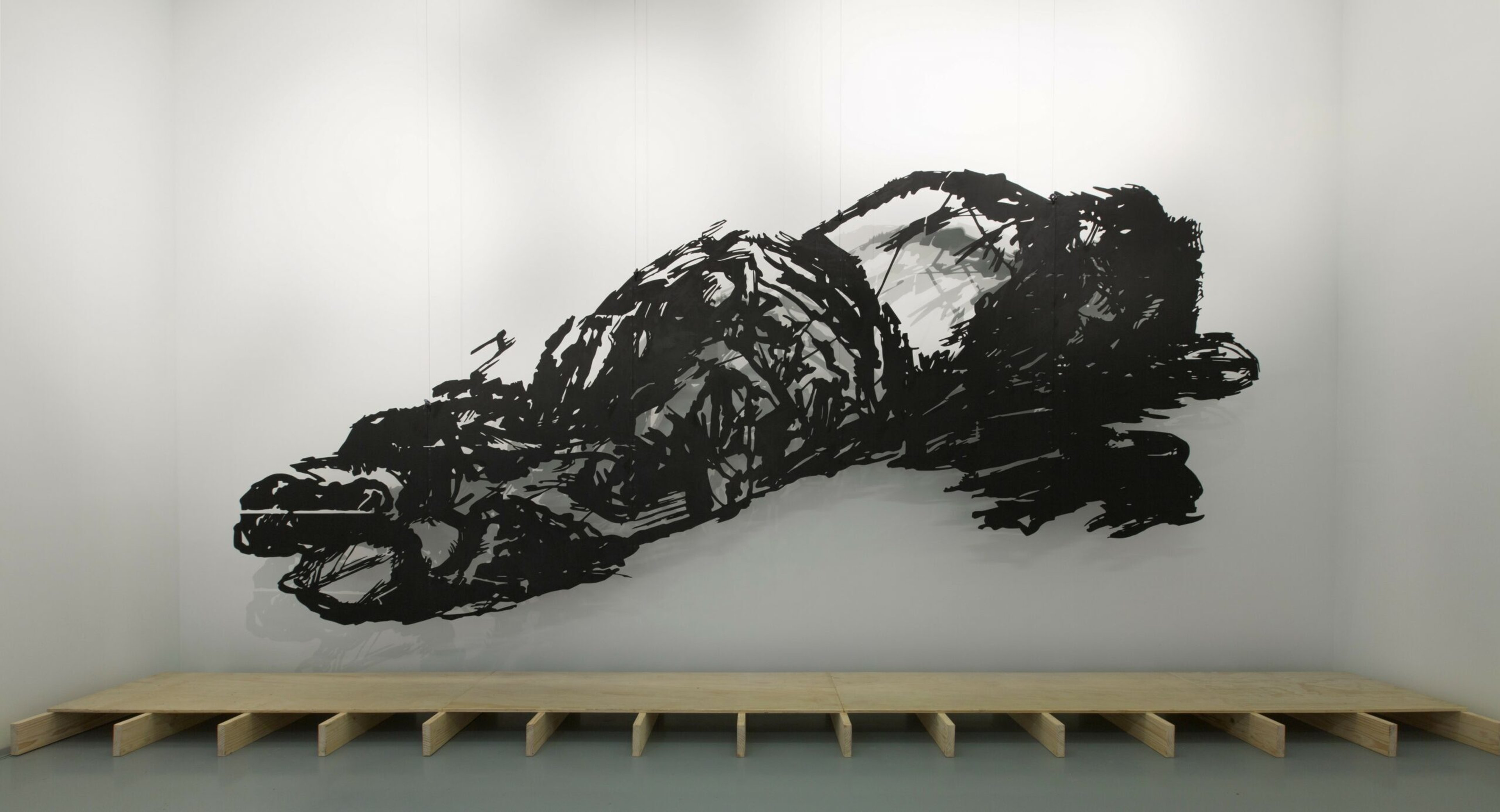

"Once upon a time—a long, long time ago—a Zulu man stepped up to a microphone in the very first recording studio in Africa and sang 13 notes that went on to earn more than $16 million USD. Almost none of which came back to him and his descendants after he died."
Solomon Linda and The Lion Sleeps Tonight
It wasn’t until a decade ago that I was amazed to discover the truth about the real author of the world-famous song, The Lion Sleeps Tonight, when I watched The Lion’s Trail, a documentary that recounted the backstory to this controversial saga, by South African filmmaker Francois Verster.
The documentary, inspired by an article featured in Rolling Stone magazine by Rian Malan, the author of the bestselling My Traitor’s Heart, told a tale of cultural misappropriation by countless American artists and behemoth Disney Studios, making millions off a Zulu artist who died a pauper. Rian himself had been unaware of the song’s genealogy but had taken it up as something of a moral crusade after South African music legend Johnny Clegg alerted him to the origins of the song.
I felt similarly outraged when I first heard the story and was reminded of it once more when Netflix aired The Lion’s Share, a retelling and follow-up of the debacle, directed by Sam Cullum.
The history behind Mbube
The origins of the The Lion Sleeps Tonight go back to 1939, when Solomon Linda, a Zulu migrant worker, recorded the original Mbube song ("mbube" meaning "lion" in Zulu) in Johannesburg.
By day, Solomon worked at Johannesburg’s Carlton Hotel, and by night, he was the soprano singer in a male choral group called the Evening Birds, who sang at weddings in their pin-striped suits, bowler hats and two-tone shoes. Such was the success of Mbube that it went on to sell a staggering 100,000 copies in South Africa alone, making Solomon a legend amongst Zulus.
Meaning of The Lion Sleeps Tonight
If you have ever heard the popular tune, you may have wondered if the lyrics have a deeper meaning. Unfortunately, there is no clear answer.
As I'll explain in more detail below, the popular version we know today, The Lion Sleeps Tonight, features much simpler English lyrics. They don't tell a specific story, but rather create a catchy, celebratory mood.
However, as I said before, mbube means lion in Zulu. The true lyrics and meaning likely centered around keeping lions away from cattle herds, something Solomon Linda did as a young man. Others speculate that the song and lyrics have more to do with the oppression of the Zulu people, who would one day wake up and not be defeated by British rule.
Regardless of the true meaning of The Lion Sleeps Tonight, the song provides a sense of peace and tranquility for many.
How Mbube inspired a genre of music
The success of Solomon Linda's Mbube also attracted the attention of local record label Gallo Records, who bought the rights for a scant 10 shillings from Solomon and promptly employed him as a menial record packer in their factory—no doubt, to keep their newfound prodigy close at hand.
Their instinct was spot-on, for within two decades, Solomon Linda’s song went on to spawn an entire genre of African music that today is known as isicathamiya, or mbube-style. In fact, Joseph Shabalala of the award-winning Ladysmith Black Mambazo group has on many occasions paid homage to Solomon Linda as the father of the genre. And that’s where it may have all ended were it not for the genius and universality of Solomon Linda’s tune.
It is said that the song arrived in New York in the early 1950s as part of a package of records sent to American musicologist Alan Lomax. No one was interested in the package, but somehow Mbube landed in the hands of folk singer Pete Seeger, who released a version of it in 1952 that he called Wimoweh. Wimoweh has no meaning but is rather in reference to the misheard Zulu chant of "uyimbube, uyimbube," meaning "he is a lion."
Not only did Pete Seeger’s Wimoweh make it to the Top 10 in the US, but it was re-released a decade later by Brooklyn-based group The Tokens, who took it to number one globally, even in South Africa. Ironically, this was the same time that Solomon Linda was dying of kidney failure, enjoying none of the vast wealth garnered by his masterpiece.
Miriam Makeba's version
A year later, South African singer Miriam Makeba sang her version of Mbube at JFK’s 1962 birthday party while the Apollo astronauts were reported to have listened to it in the run-up to their take-off at Cape Canaveral. Miriam Makeba's songs span from Afropop to jazz, and she is a famed South African singer, songwriter, actress, and civil rights activist in her own right.
Over the years, Mbube was covered countless times over by everyone from Glen Campbell to Brian Eno to REM, but it was its inclusion in Disney’s blockbuster movie, The Lion King, in 1994 that saw it achieve immortal status as one of the most famous songs in the world.
Or as Rian Malan put it so brilliantly in his article for Rolling Stone: "It is the most famous melody ever to emerge from Africa, a tune that has penetrated so deep into the human consciousness over so many generations that one can truly say, here is a song the whole world knows."
The outcome of Rian’s attempts and eventual success in getting Disney to compensate Solomon Linda’s family is an epic transcultural saga best left for Netflix’s The Lion’s Share to explain. For my part, it does little to appease the sense of injustice around the shameless plagiarizing of his masterpiece, thanks to the vagaries of copyright law and powerful mass media corporations.
But it does certainly put to right, nearly a century after he first recorded it, that Solomon Linda’s name is forever more attached to his masterpiece.
The Netflix film, ReMastered: The Lion’s Share, is currently showing and is worth seeing to gain perspective of where and how this masterpiece came to be.

Undecided on how to capture the best moments on safari? The team of experts at ROAR AFRICA have created this helpful guide covering what camera equipment you need.

If Mother Nature’s sheer power and resilience could be exemplified in one place on the planet, it would be the dramatic, unimaginably vast landscapes of Namibia.

I love Kentridge’s monochromatic signature style and so I made it my mission to visit the Norval Foundation last year in August when it opened.
